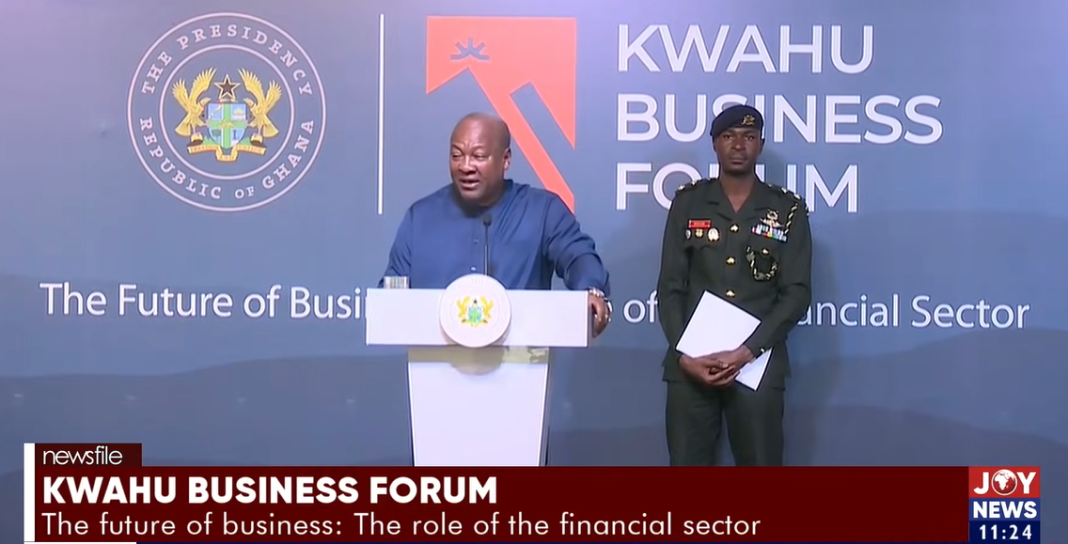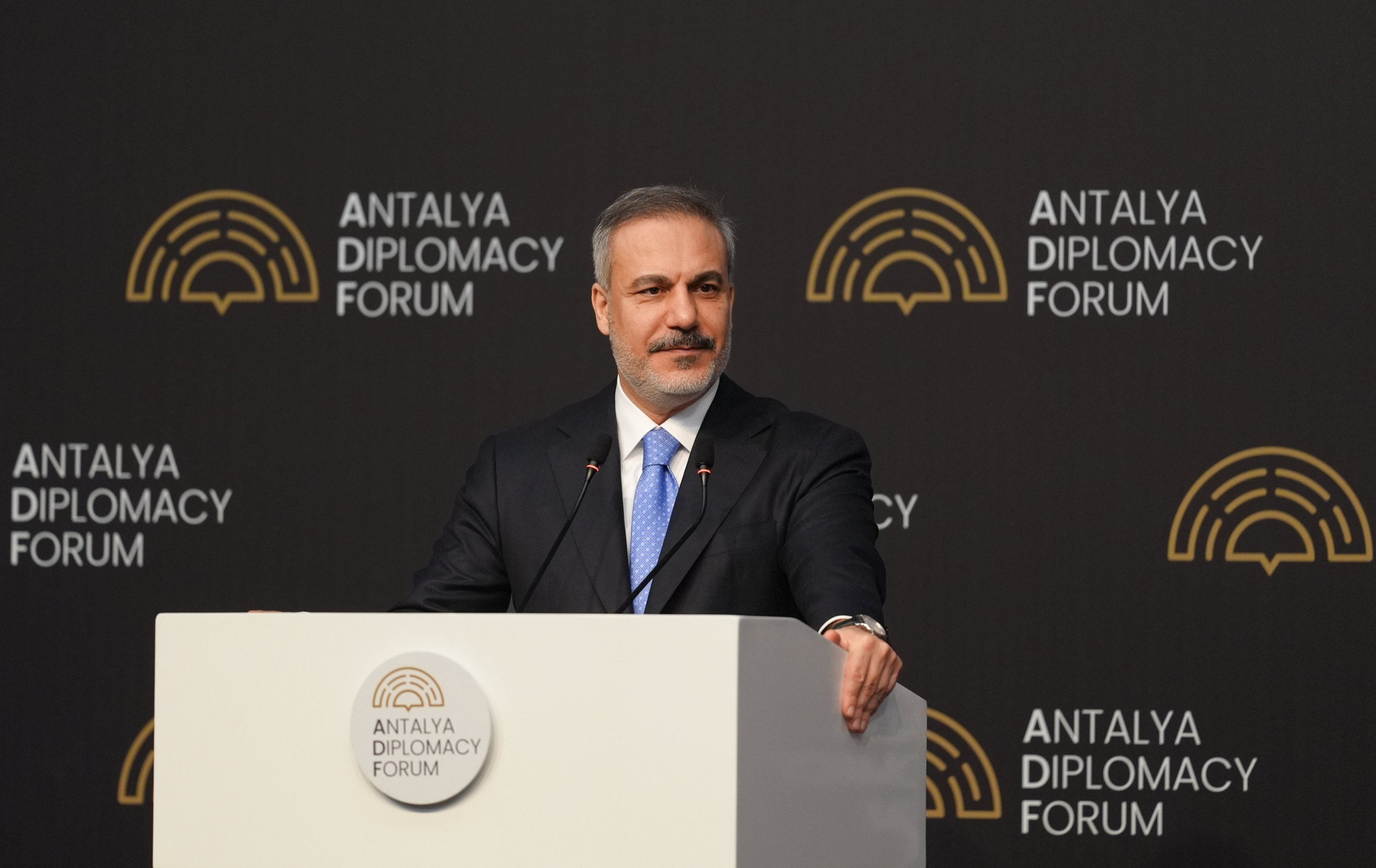Opinion editor’s note: Strib Voices publishes a mix of guest commentaries online and in print each day. To contribute, click here . ••• When Hurricane Helene struck North Carolina last fall, Blue Ridge Public Radio leapt into action.
When cell service went down, they kept reporting. When power went out, they switched to a backup generator. When other reporters needed a place to work, they opened their doors.

Broadcasting for 12 hours or more each day, and constantly updating their website, Blue Ridge Public Radio became a crucial source of information for a devastated community. At Knight Foundation, where I’m president and CEO, we know that a well-informed public is the cornerstone of a thriving democracy. It’s why the free press is guaranteed in our Constitution, so that citizens have the information they need to make informed choices.
And it’s why proposals to defund NPR and PBS — and by extension, thousands of public media stations across the country, which deliver reliable news to their communities — are not just misguided but dangerous. Public media is one of the few civic institutions that still commands broad trust in an age of division and disinformation. Nearly twice as many Americans support continued federal funding for NPR and PBS as oppose it, according to a study conducted by Pew Research Center just last month.
The two public broadcasters — and the local stations that bring their programming to communities large and small — serve a unique and essential role: delivering free, fact-based news and educational content to everyone, regardless of income or ZIP code. Like Blue Ridge Public Radio, they provide the important, sometimes lifesaving, information a community needs. In communities across the country, public radio and television stations are reporting on the happenings at city hall, holding school boards accountable, spreading the word of local triumphs and helping residents understand the issues that affect their lives.
Critics argue that public broadcasting is biased. But year after year, surveys show that PBS is the most trusted source of news in America — more trusted than cable networks, newspapers or social media. And Pew’s recent research showed that twice as many Americans trust NPR as distrust it.
Both broadcasters are guided by strict editorial standards and bipartisan governance, and they operate with remarkable efficiency. The entire budget of the Corporation for Public Broadcasting, which oversees both PBS and NPR, costs each American about $1.60 .
That’s less than one cup of coffee a year for an essential public service. By law, about 70% of CPB’s budget goes directly to local stations through annual community service grants. Nearly half of those grant recipients are classified as rural stations.
PBS reaches 82% of lower-income families, offering trusted educational programming that commercial networks won’t touch. NPR’s member stations reach more than 40 million listeners each week, including in communities that are otherwise news deserts. And in an emergency — from hurricanes like Helene to wildfires to health crises — it’s often a public station that stays on air and delivers critical updates.
Federal support helps make this possible, but it also acts as a force multiplier: Every dollar Congress allocates to public media helps generate about eight more in private and philanthropic support. That kind of leverage is rare for any federal program — and it’s part of what makes public broadcasting so resilient and responsive. But federal support matters most in small and rural communities, where corporate and philanthropic support can be harder to come by, and government funding keeps those stations on the air.
At a time when many local news sources are closing , a public station is in some places the last truly local newsroom. Eliminate the funding, and you silence local voices. You shrink civic space.
You take away access to trusted information in communities that need it most. This moment requires us to see clearly what’s at stake. The crisis in local journalism, the erosion of civic trust, the proliferation of misinformation — all of it points to a need for more investment in fact-based, public-interest media, not less.
The federal government cannot fix the information crisis alone, and philanthropies like Knight are actively engaged in finding solutions. But the government can — and should — continue to play a vital role in sustaining a media ecosystem that serves all Americans. Public media is not perfect.
But it is irreplaceable. At a time when Americans are desperate for institutions they can trust, public broadcasting continues to deliver — with integrity, with reach and with deep community roots. Congress should reject calls to defund NPR and PBS.
Not as a partisan statement, but as a commitment to democracy itself. Maribel Pérez Wadsworth is president and CEO of the John S. and James L.
Knight Foundation..
Politics

Opinion: Public media is a pillar of our communities. Don’t defund it.
It’s one of the few civic institutions that still commands broad trust in an age of division and disinformation.















